GEF LME:LEARN Transboundary Marine Spatial Planning and Sustainable Blue Economy
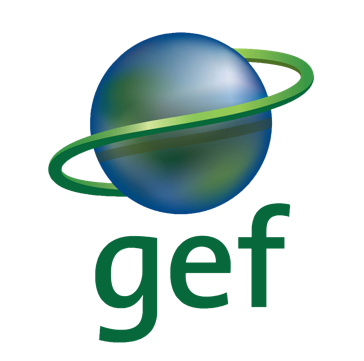
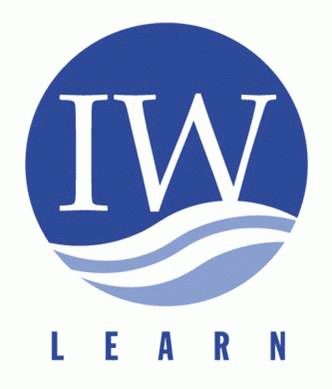
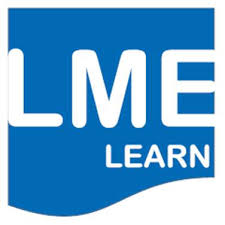
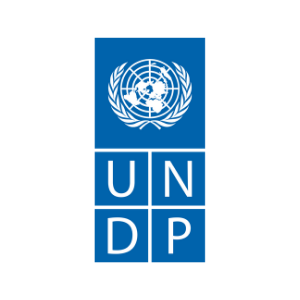
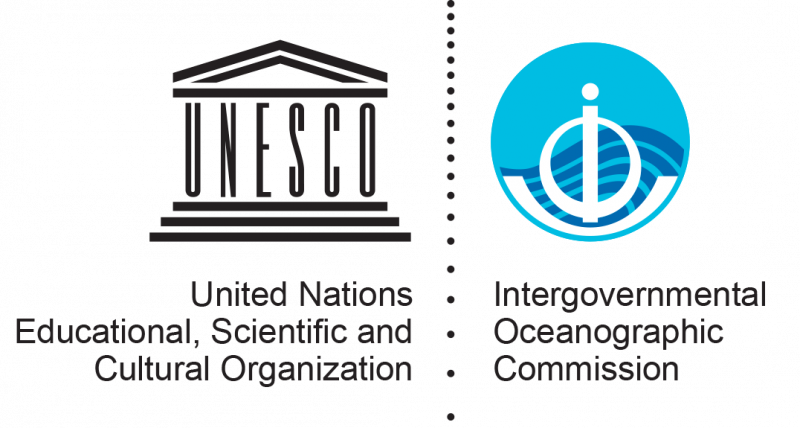

The GEF LME:LEARN Transboundary Marine Spatial Planning (MSP) and Sustainable Blue Economy Course provides an introduction into MSP concepts relevant for practitioners working within Large Marine Ecosystems and their Coasts. This course aims to provide project leads, partners, and others with practical approaches, lessons on MSP and illustrative case studies. It also serves to promote an integrated, collaborative approach to ocean and coastal management with a special emphasis on LMEs.
About this Course
This online course will familiarize participants with an understanding of what marine spatial planning is about, what benefits it can have, and what results you can expect. Furthermore, the course is designed to present the basic steps of MSP process, actors and responsibilities, legislation and finances needed, the MSP tools and techniques, and finally transboundary and cross-border contexts for MSP with a special emphasis on Large Marine Ecosystems.
Course Objectives
By the end of the course participants will:
- Have a broad understanding of the key elements that constitute Marine Spatial Planning at national and LME/transboundary scale, and be able to relate these to the organisations and countries in which they work;
- Understand the relevance of marine spatial planning as a topic for coastal and marine development and management;
- Be able to balance interests of different stakeholders on the basis of clear and transparent criteria;
- Be able to start applying Marine Spatial Planning in their own specific legal, governance and administrative contexts;
- Be able to present the basic steps of MSP process, actors and responsibilities, legislation and finances needed, and the MSP tools and techniques, transboundary and cross-border contexts for MSP, with a special emphasis on Large Marine Ecosystems.
Participants
The course is open for International Water (IW) project managers, mid-level government staff, and practitioners who will be supporting GEF IW project implementation.
Applications
Interested participants are invited to complete the application form or by clicking on the apply now button. Applications will be reviewed by the IW: Learn team and all accepted participants will be automatically enrolled in the online course. Revision of applications and acceptances will take place the first week of each month. Selected participants will receive an email from Cap-Net Virtual Campus notifying their acceptance and indicating the steps to follow to access the course.
Contents and course structure
In each module participants will find valuable and updated readings, videos, suggested web sites, and experiences from the ground.
- Module 1: Introduction to Marine Spatial Planning step-by-step approach
- Module 2: Transboundary and Cross-border Marine Spatial Planning
- Module 3: Organizing the marine spatial planning process through pre-planning
- Module 4: MSP Toolkit
- Module 5: Data, information, scenarios, evaluation and monitoring
- Module 6: Marine Spatial planning in the context of a sustainable ocean economy
- Module 7: Stakeholder Participation in MSP
Course approval criteria and certificate
Responding the quiz at the end of each module and obtaining at least 60% correct responses is a condition to move into the next module, completing the course, and receiving the certificate. There are three opportunities to reach 60% of correct answers, and in all cases the platform will indicate the wrong answers.
Certificate
After completing the 3 modules, participants are invited to answer a short feedback survey of the course. Once this survey is answered, participants may download their certificate. Participation in the course, as well as the download of the certificate, has no cost for the participants.
![]() Language: English.
Language: English.
![]() Structure: 3 modules.
Structure: 3 modules.
![]() Level: Introductory.
Level: Introductory.
![]() Content: readings, videos, forums.
Content: readings, videos, forums.
![]() Time: 12 hours.
Time: 12 hours.
![]() Total time dedication: 4 weeks.
Total time dedication: 4 weeks.
![]() Institutions: Cap-Net, GEF LME: LEARN Project, UNDP, IOC-UNESCO.
Institutions: Cap-Net, GEF LME: LEARN Project, UNDP, IOC-UNESCO.
![]() Certification: upon approval of quizzes at the end of each module.
Certification: upon approval of quizzes at the end of each module.
